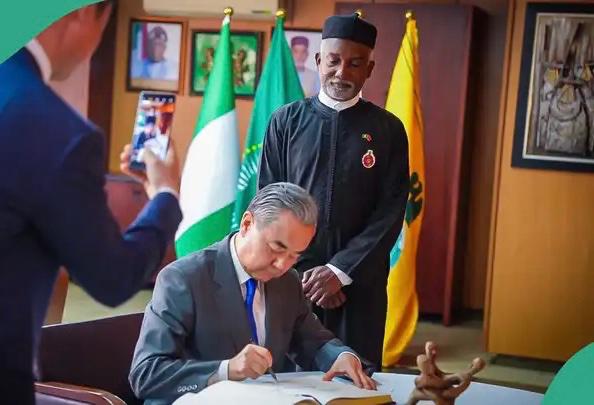
The Federal Government has approved the inclusion of Chinese language (Mandarin) in the senior secondary school curriculum across Nigeria, following a comprehensive review of the national curriculum.
The new policy, which will take effect from the 2025/2026 academic session, makes Mandarin an optional international language alongside French and Arabic.
Speaking during the inauguration of the 14th Chinese Corner at Government Secondary School, Tudun Wada, Abuja, the Secretary of Education for the Federal Capital Territory (FCT), Dr. Danlami Hayyo, said the decision reflects Nigeria’s commitment to preparing students for global opportunities.
“The introduction of Chinese into the curriculum is in line with our policy to broaden students’ exposure to foreign languages and cultures, as well as enhance international relations,” Hayyo explained.
*Boosting Global Competitiveness*
According to the Federal Ministry of Education, the move is designed to position Nigerian students for greater global competitiveness, given China’s rising influence in trade, technology, and diplomacy.
Officials also noted that partnerships between Nigeria and China, particularly in infrastructure, education, and technology, made the inclusion of Mandarin a strategic step in strengthening bilateral relations.
*Optional, Not Mandatory*
Education authorities clarified that the subject will remain optional, giving schools the flexibility to introduce it based on teacher availability and student interest. The success of the rollout will depend on trained teachers, textbooks, and effective implementation across states.
*Growing Nigeria-China Ties*
Nigeria and China have enjoyed strong bilateral relations in recent years, with collaborations in rail infrastructure, technology transfer, and educational exchange programs. The inclusion of Mandarin in Nigerian classrooms is expected to deepen cultural understanding and open more opportunities for Nigerian students in international business and diplomacy.
